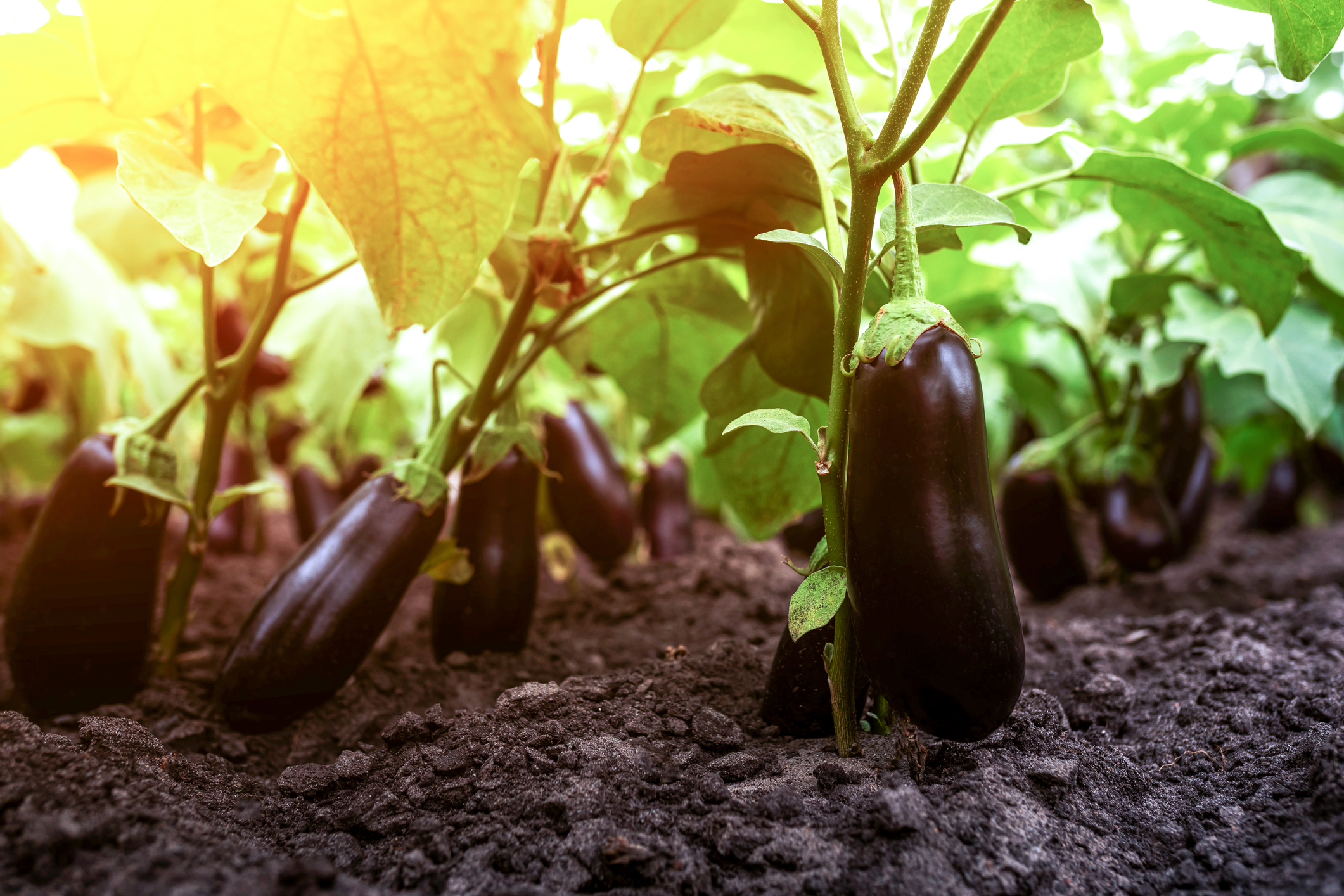
Key Eggplant Gene Boosts Resistance to Bacterial Wilt
November 20, 2024| |
Researchers from South China Agricultural University have identified SmDDA1b, a critical gene in eggplants that boosts the crop's resistance to bacterial wilt, a major threat to solanaceous crops. The study published in Horticulture Research shows that SmDDA1b degrades the SmNAC protein, triggering the plant's immune defenses against the disease.
Bacterial wilt is caused by Ralstonia solanacearum which impairs plant water transport, leading to crop devastation. The disease is difficult to manage due to its spread via irrigation and infected plant materials, while traditional controls are often ineffective. The discovery of genetic pathways that boost the crop's disease resistance is essential.
The researchers found that SmDDA1b enhances eggplant resistance to bacterial wilt through a detailed interaction with transcription factor SmNAC, which controls salicylic acid production (SA), a crucial hormone for plant immunity. The team found that when bacterial infection or SA treatment occurs, SmDDA1b expression increases, activating the plant's immune system. In plants with silenced SmDDA1b, SA levels, and resistance dropped. Moreover, the overexpression of SmDDA1b significantly strengthened resistance as well as controlled pathogen spread.
This breakthrough could pave the way for genetic engineering and breeding strategies to develop more robust crops and facilitate the breeding of more resilient eggplant varieties.
For more details, read the paper published in Horticulture Research.
| |
You might also like:
- Researchers Use Wild Relatives to Breed Eggplants with New and Improved Traits
- Virus-Resistant GM Squash More Vulnerable to Bacterial Wilt Attack, Study Finds
- Success of Bt Brinjal in Bangladesh Opens Possibility for Two New Eggplant Varieties
Biotech Updates is a weekly newsletter of ISAAA, a not-for-profit organization. It is distributed for free to over 22,000 subscribers worldwide to inform them about the key developments in biosciences, especially in biotechnology. Your support will help us in our mission to feed the world with knowledge. You can help by donating as little as $10.
-
See more articles:
-
Plant
- Scientists Identify Tomato Plants' Mechanism for Heat Tolerance
- International Research Team Publishes Barley Pangenome
- Scientists Produce Sweeter Tomatoes Without Yield Penalty
- EFSA GMO Panel Releases Scientific Opinion on Soy Leghemoglobin Produced from GM Komagataella phaffii
- Leading Breakthroughs: Gene Drives for a Sustainable Agriculture and Biodiversity Conservation
- Kenya Assures Public of Biosafety Guidelines
- Key Eggplant Gene Boosts Resistance to Bacterial Wilt
-
Environment
- FAO Analysis Identifies Opportunities, Gaps and Risks Related to Agrifood Climate Solutions
-
Read the latest: - Biotech Updates (January 28, 2026)
- Gene Editing Supplement (January 28, 2026)
- Gene Drive Supplement (February 22, 2023)
-
Subscribe to BU: - Share
- Tweet

